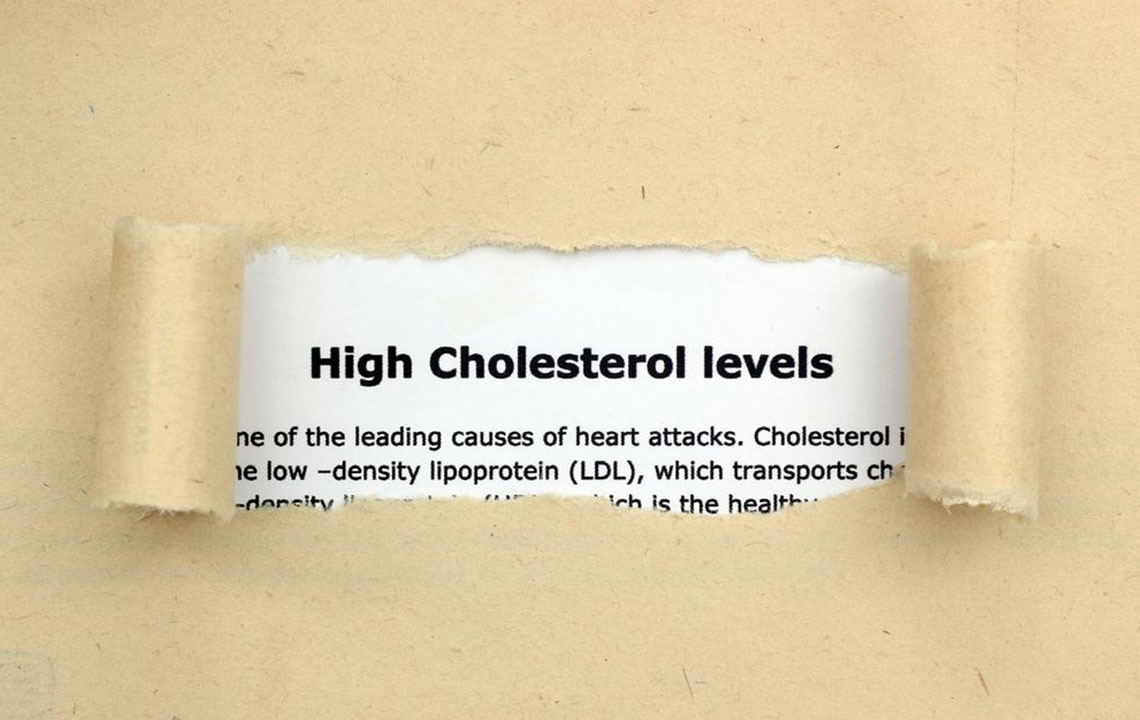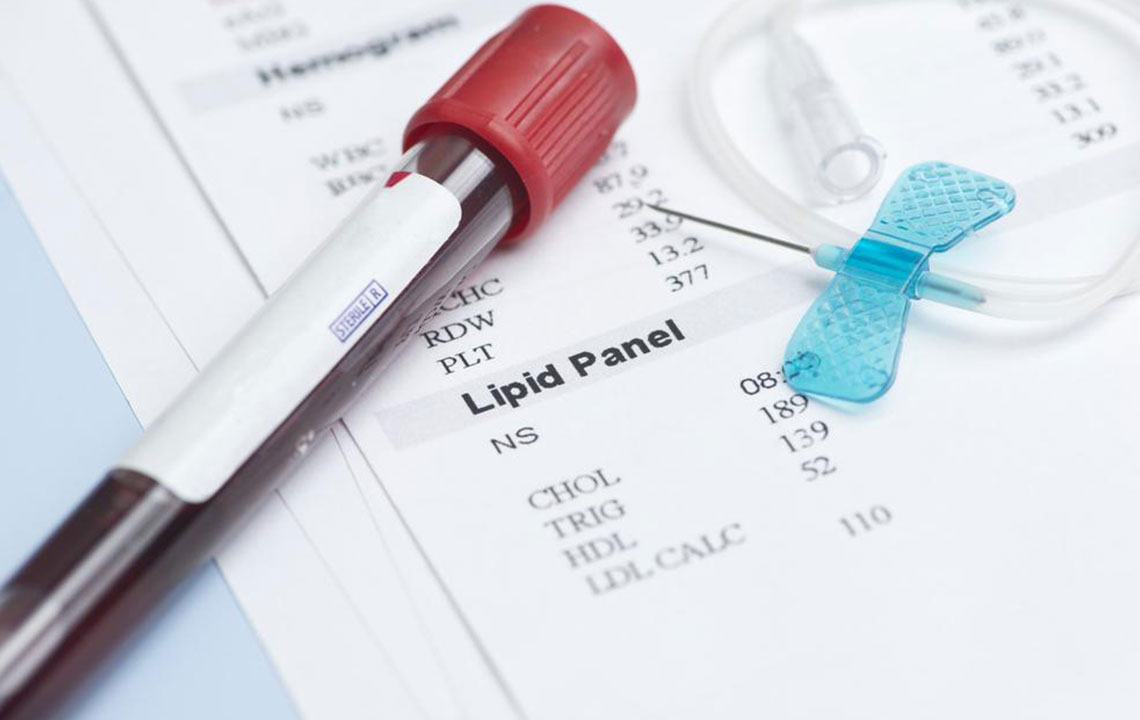5 types of heart diseases
Heart disease in some form or the other has been affecting a majority of Americans over the last few decades. While one person in a 100 may be born with certain heart ailments, many are known to develop it over the course of time. These cardiovascular diseases have been on the rise like never before and people dying because of heart disease has become the leading cause of death across the world.

Hypertensive heart disease
One of the most common ailments, high blood pressure may be caused by unknown origin or due to secondary causes like diseases or infections. Sustained hypertension or high blood pressure, prolonged stress or unmanageable anxiety may burden the heart and the blood vessels and cause heart-related complications at a later stage.
Rheumatic heart disease
Caused by a couple of episodes of rheumatic fever, rheumatic heart disease, causes damage to the heart valves. Most often than not, rheumatic fever occurs during childhood and may at a later stage be followed by streptococcal infection that further weakens, scars and damages heart muscles, valves and the sac enclosing the heart. In extreme cases, the valves get so damaged that they stop opening or closing normally.
Congenital heart disease
This is a condition that is caused to people who are born with malformations of the heart. Congenital diseases may result in holes in the heart, abnormal valves and the like. Congenital diseases may either be atrial septal defects, ventricular septal defects or patent ductus arteriosus. The first two may occur when the walls separating the two chambers of the heart are closed, the latter is a condition when the ductus arteriosus doesn’t close normally after birth.
Arrhythmia
This is a condition that causes irregular heartrate. There may either be an abnormally fast heartbeat or one that is noticeably slow. These abnormalities in the heartrate may eventually affect the way the heart pumps blood.
Atherosclerosis
This is a coronary heart disease that commonly affects most heart patients. Patients affected by this disease have plague build up in the arteries carrying blood to the heart muscle. This buildup causes the arteries to narrow down. Narrowing of the arteries may further cause heart attacks, stoke or have other fatal outcomes.




